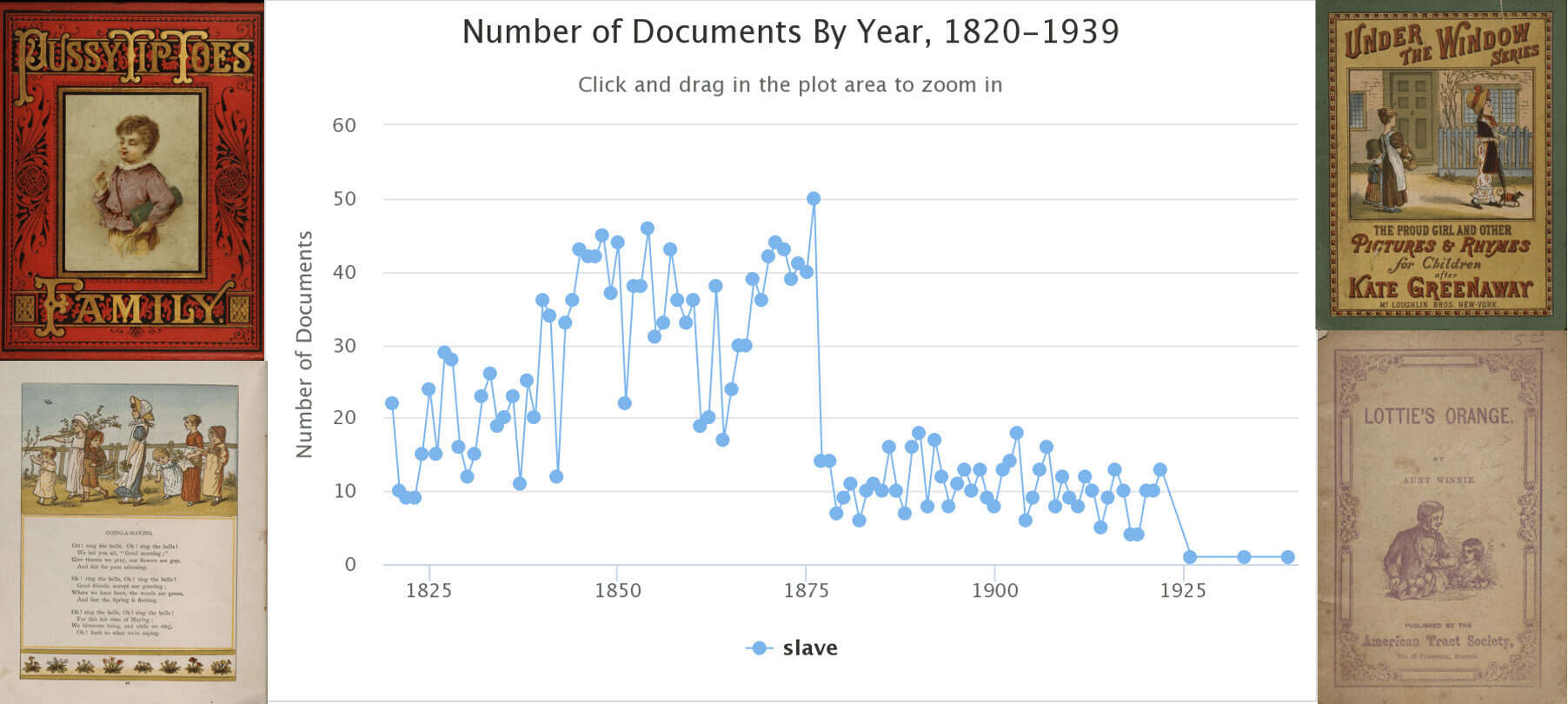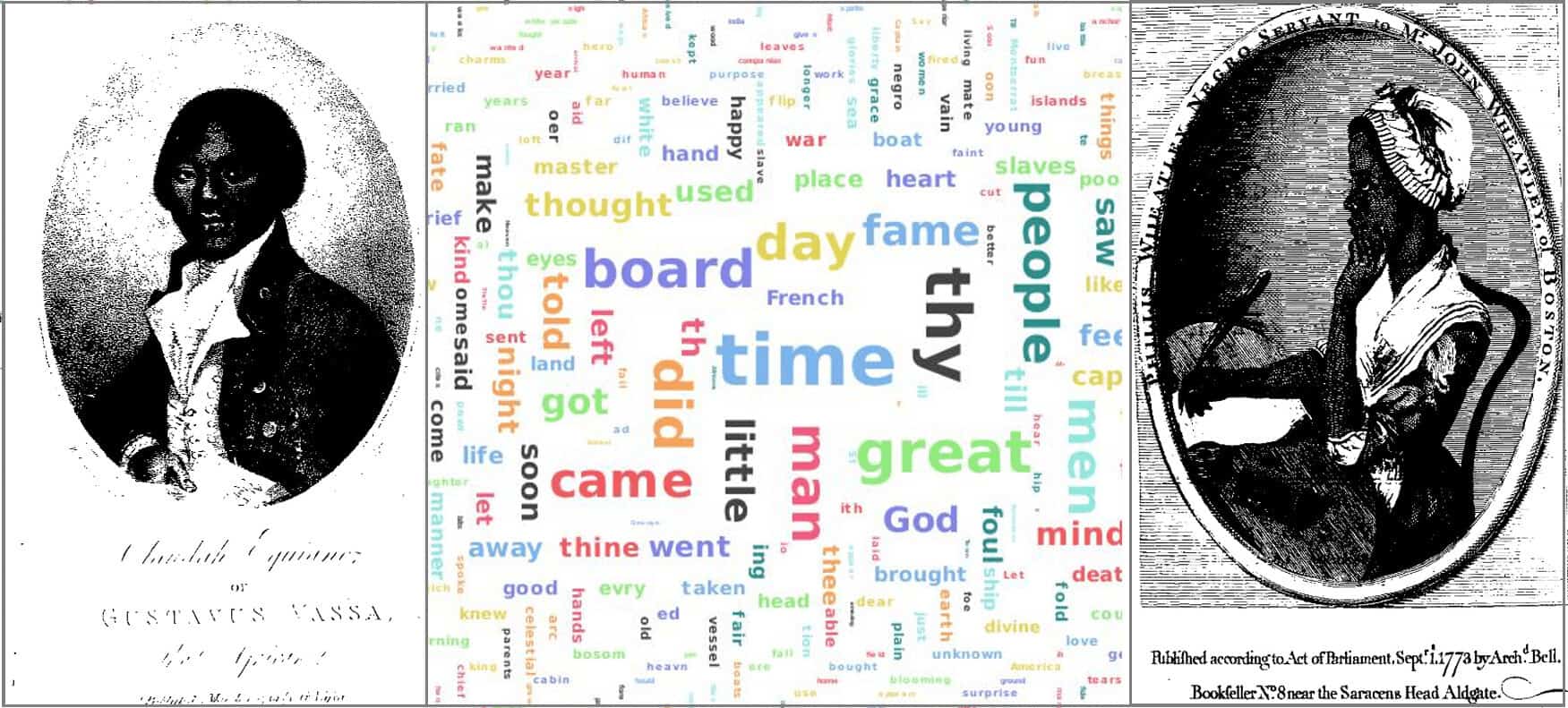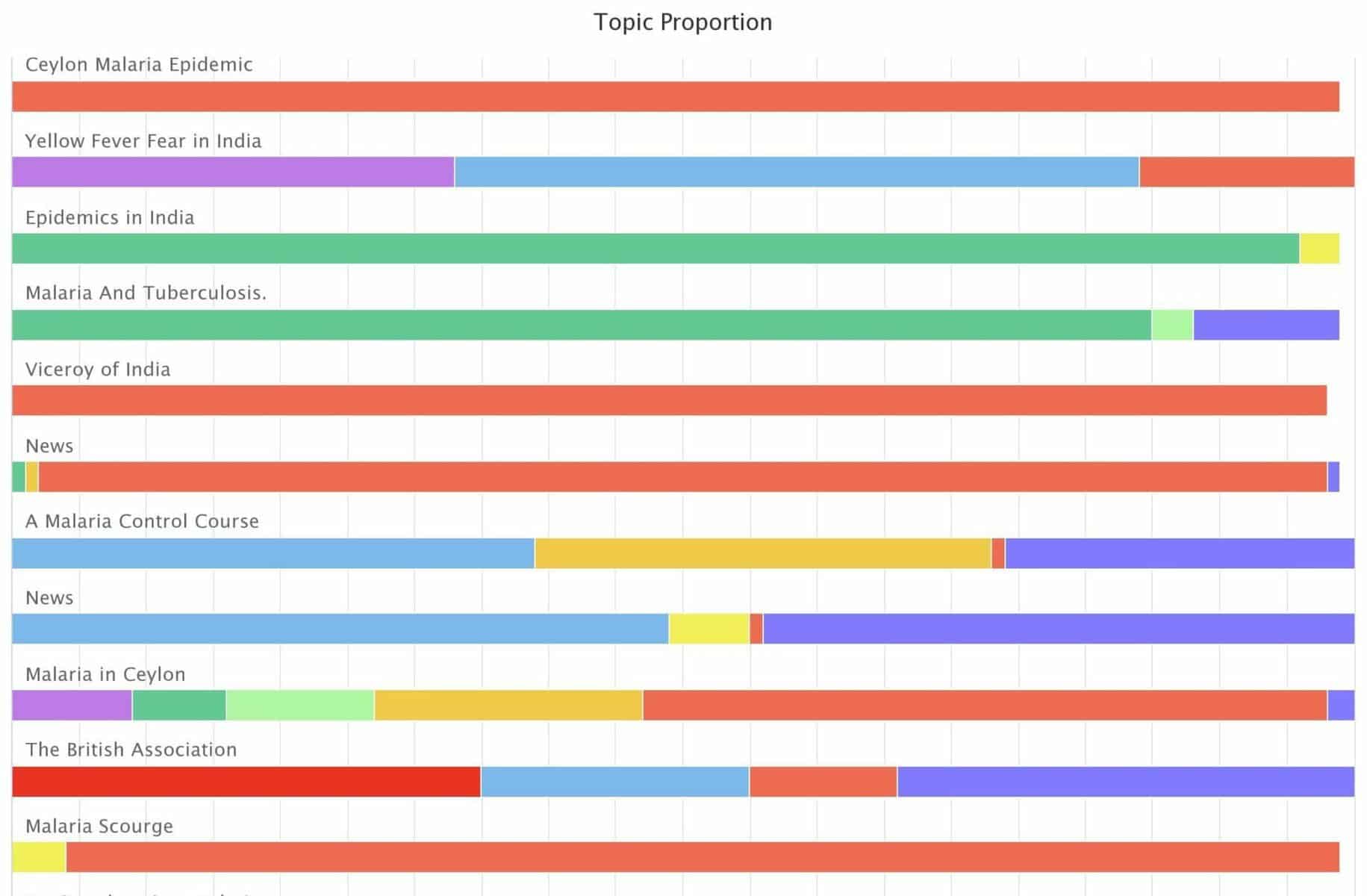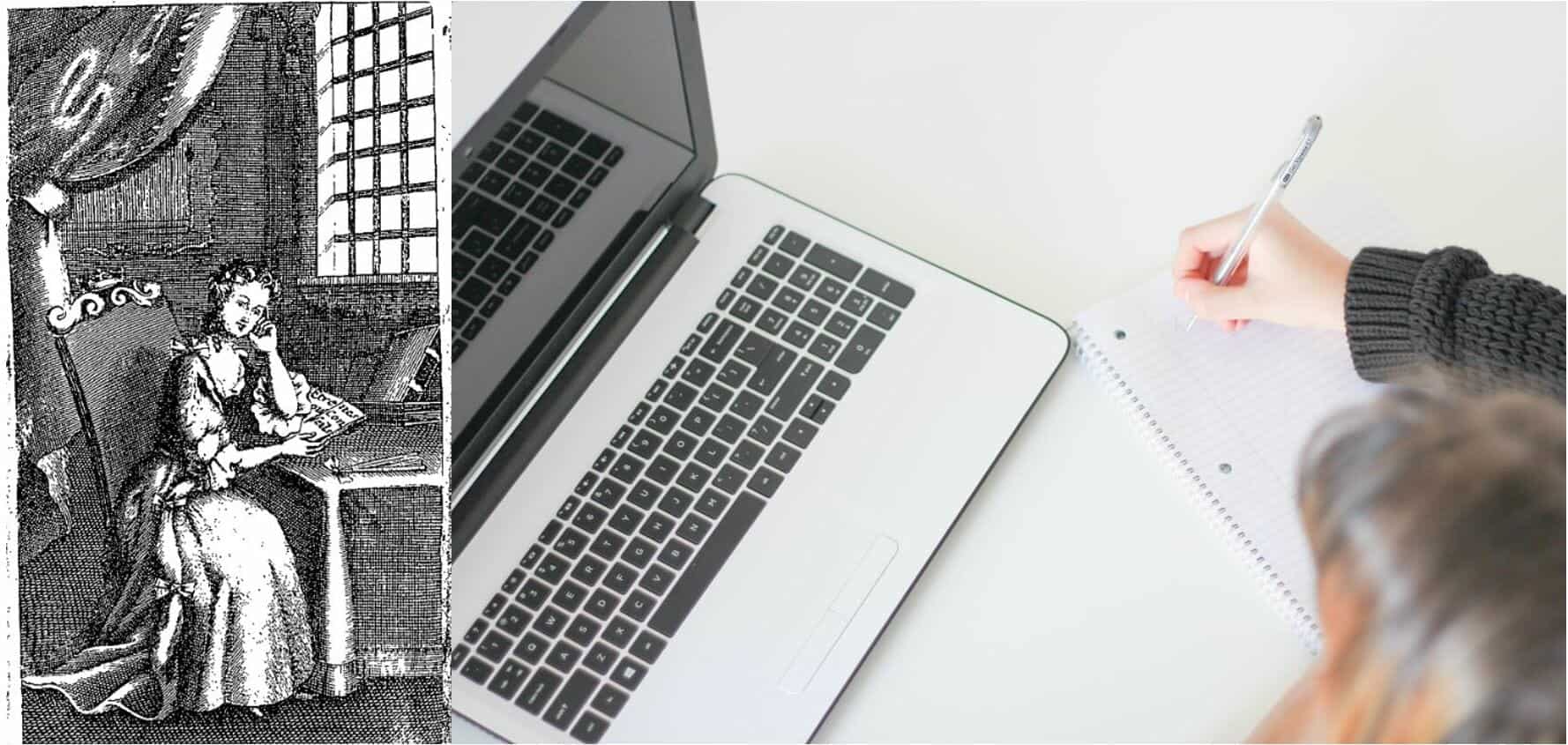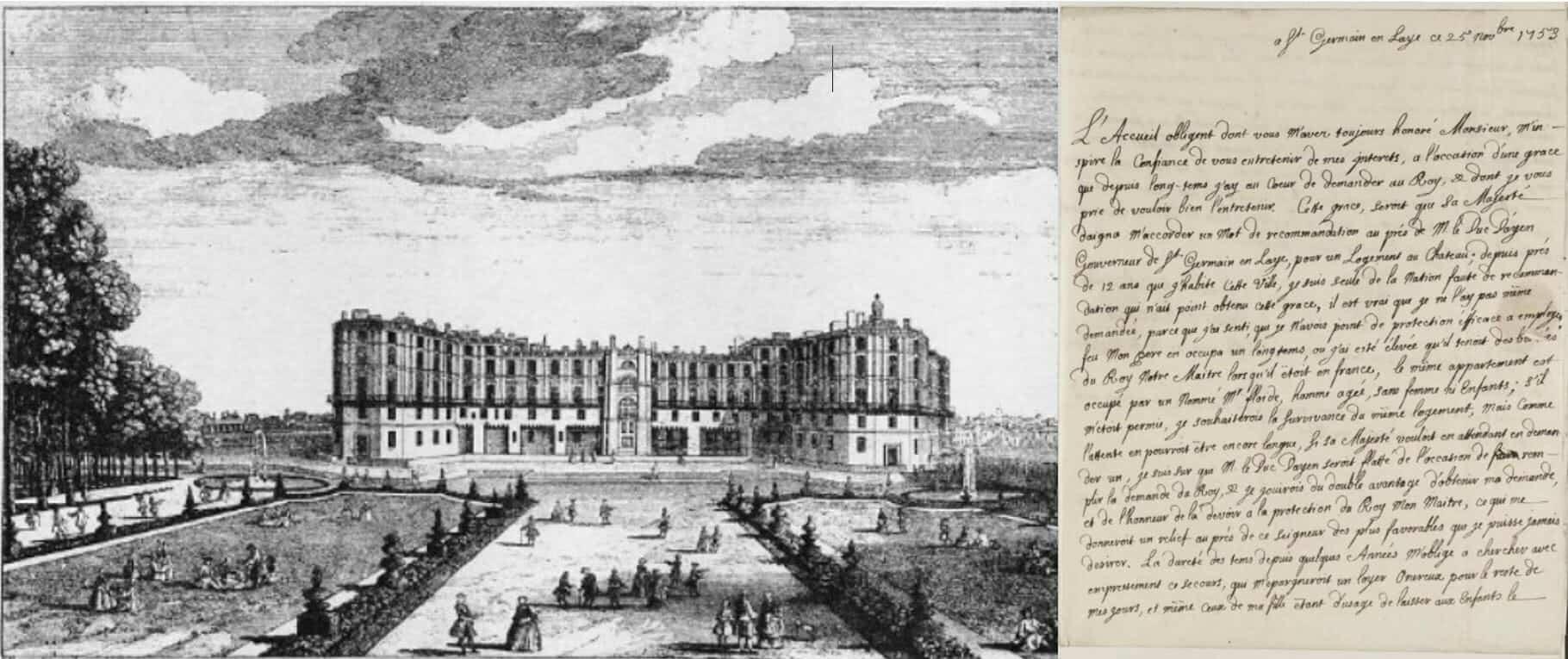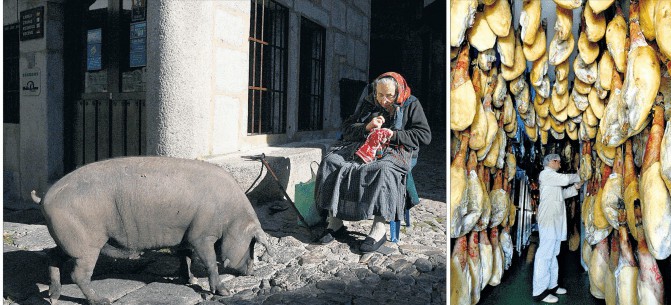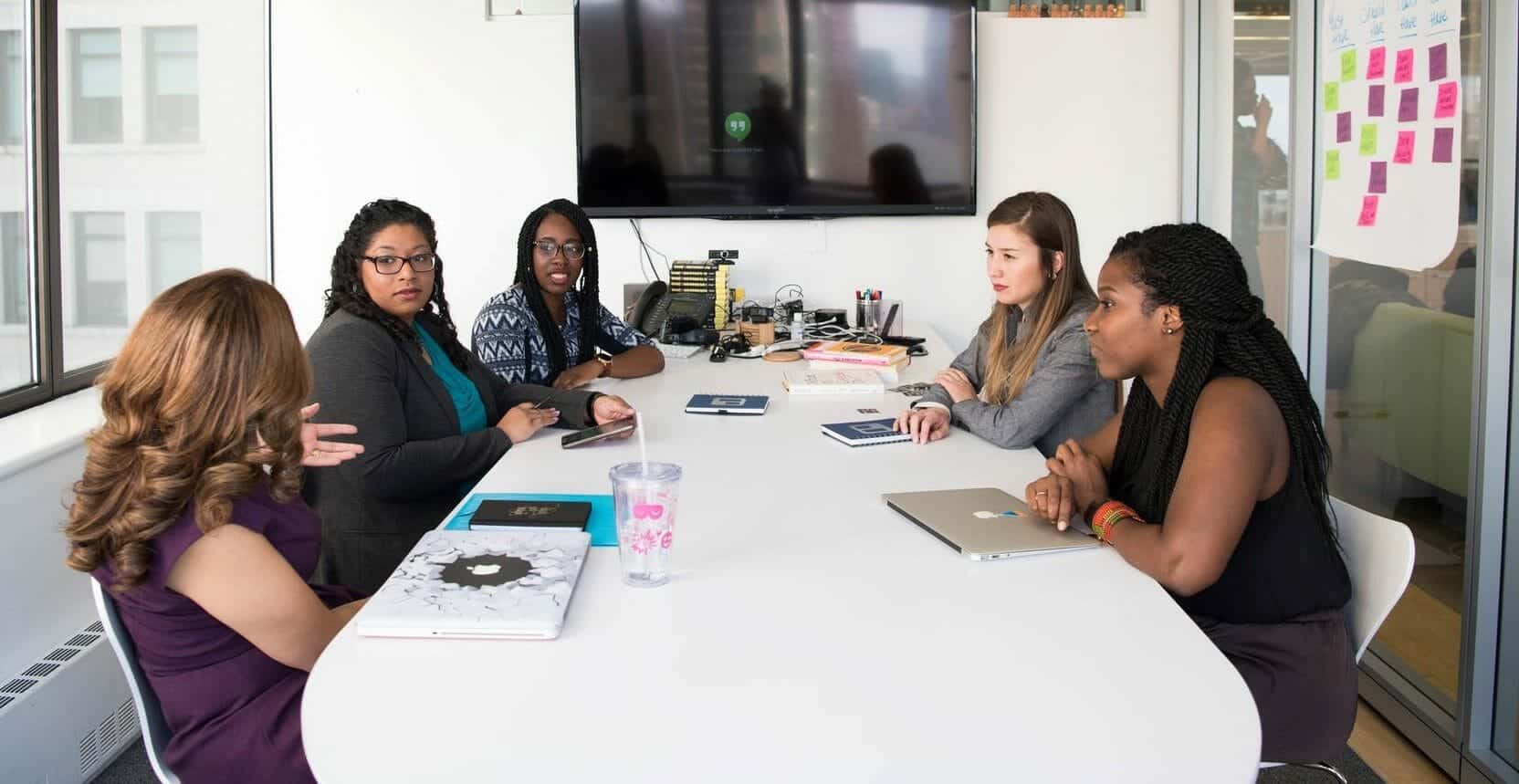│By Rachel Holt, Women’s Studies Archive Acquisitions Editor│
The study of women’s writing is an important cornerstone of any Literature or History course (and many other subjects besides) and Gale seeks to support this important scholarship by working to spotlight female authors. We are doing this in two ways, the first is with the launch of the third part of our multi award-winning Women’s Studies Archive series, Rare Titles from the American Antiquarian Society, 1820-1922, which provides access to over 5,700 monographs by more than 2,000 individual female authors. The second is by introducing a unique new search functionality to the Women’s Studies Archive series, the Author Gender Limiter. The addition of this new product feature opens a world of possibilities for undergraduate study and scholarship in the fields of women’s history, gender studies and beyond.

